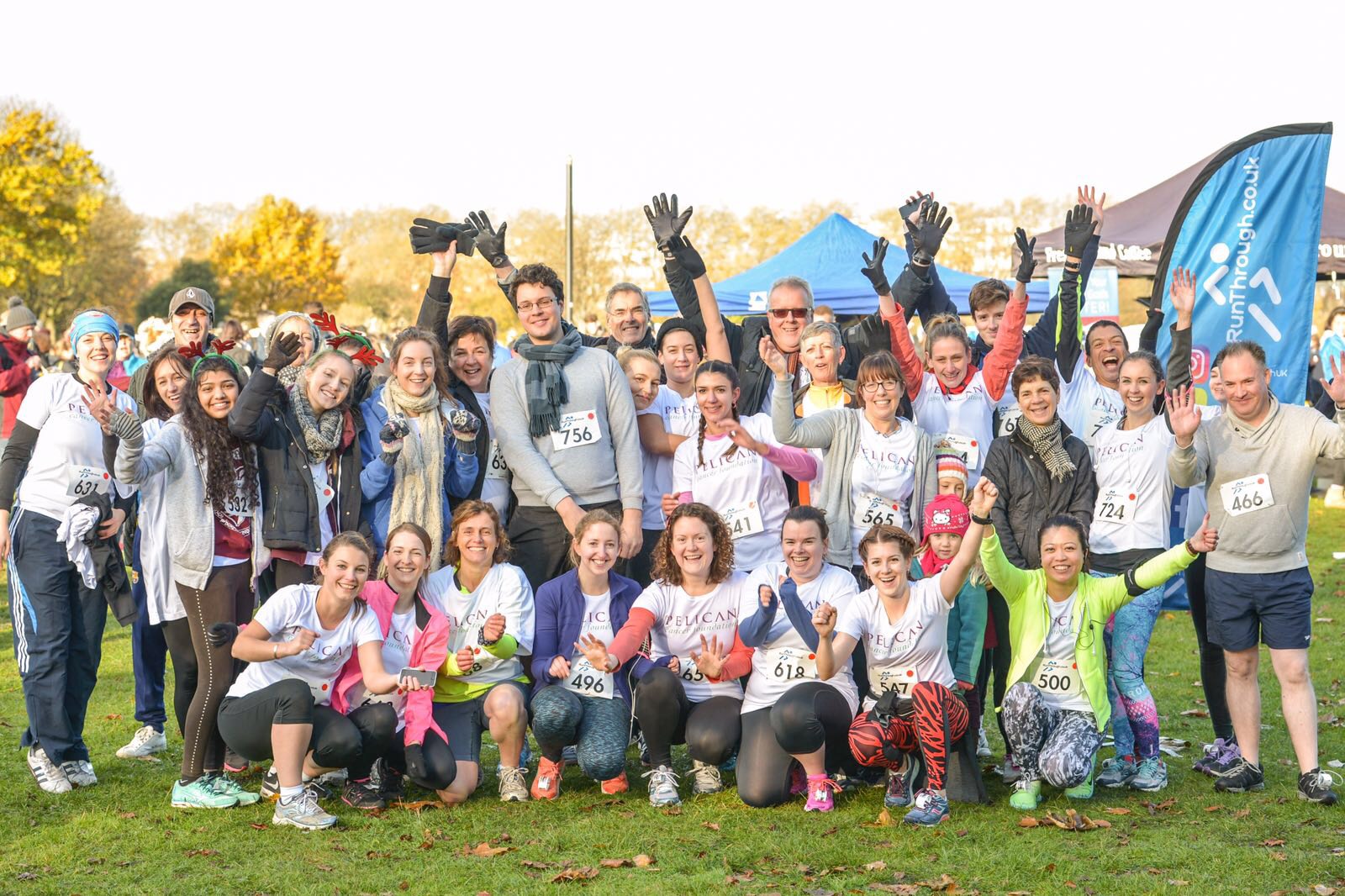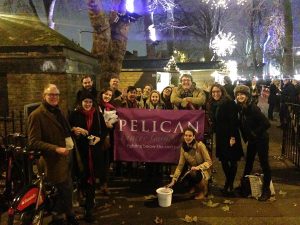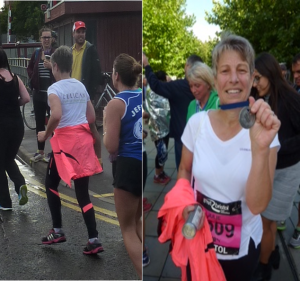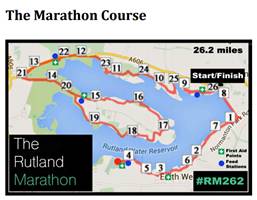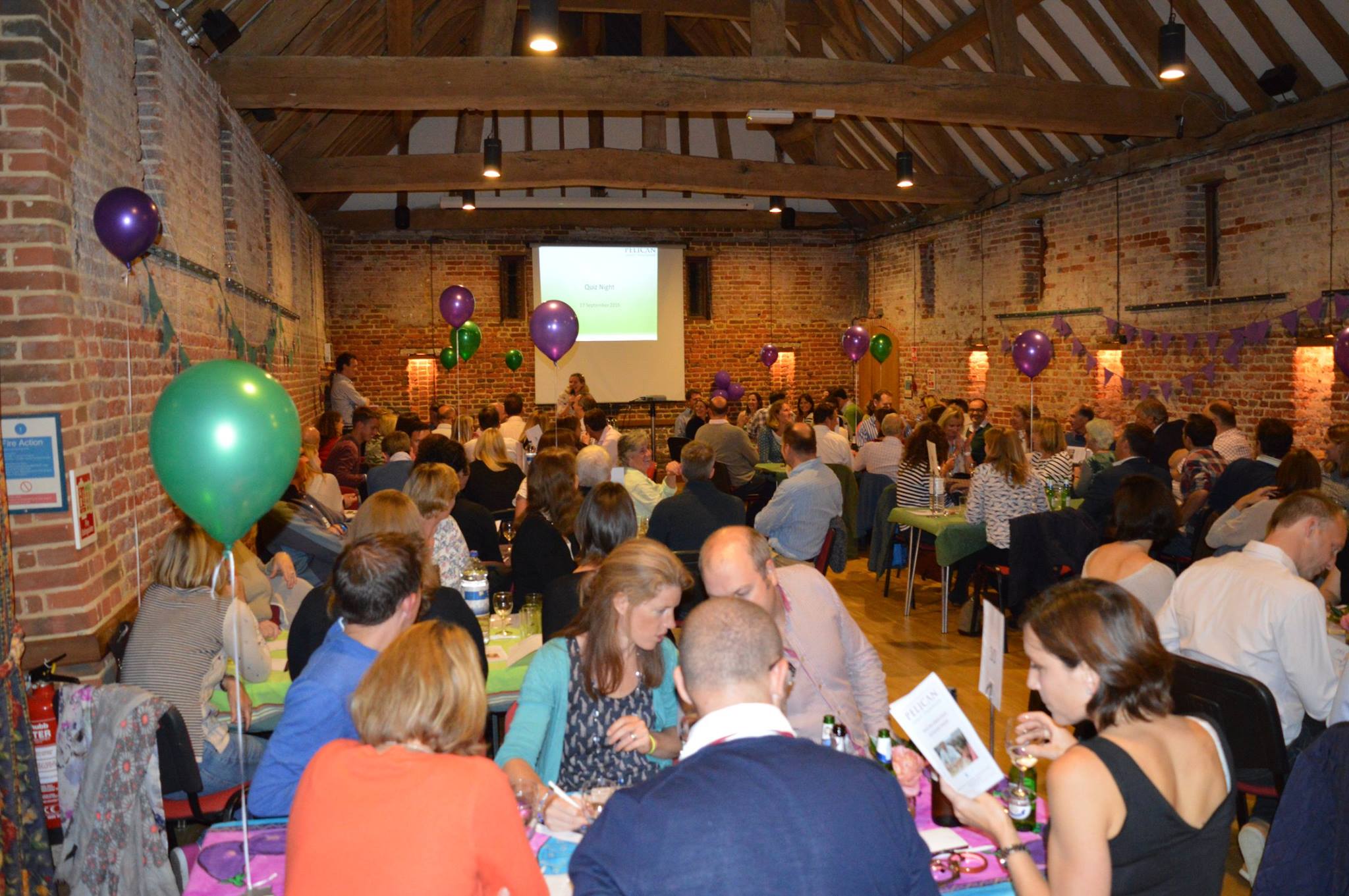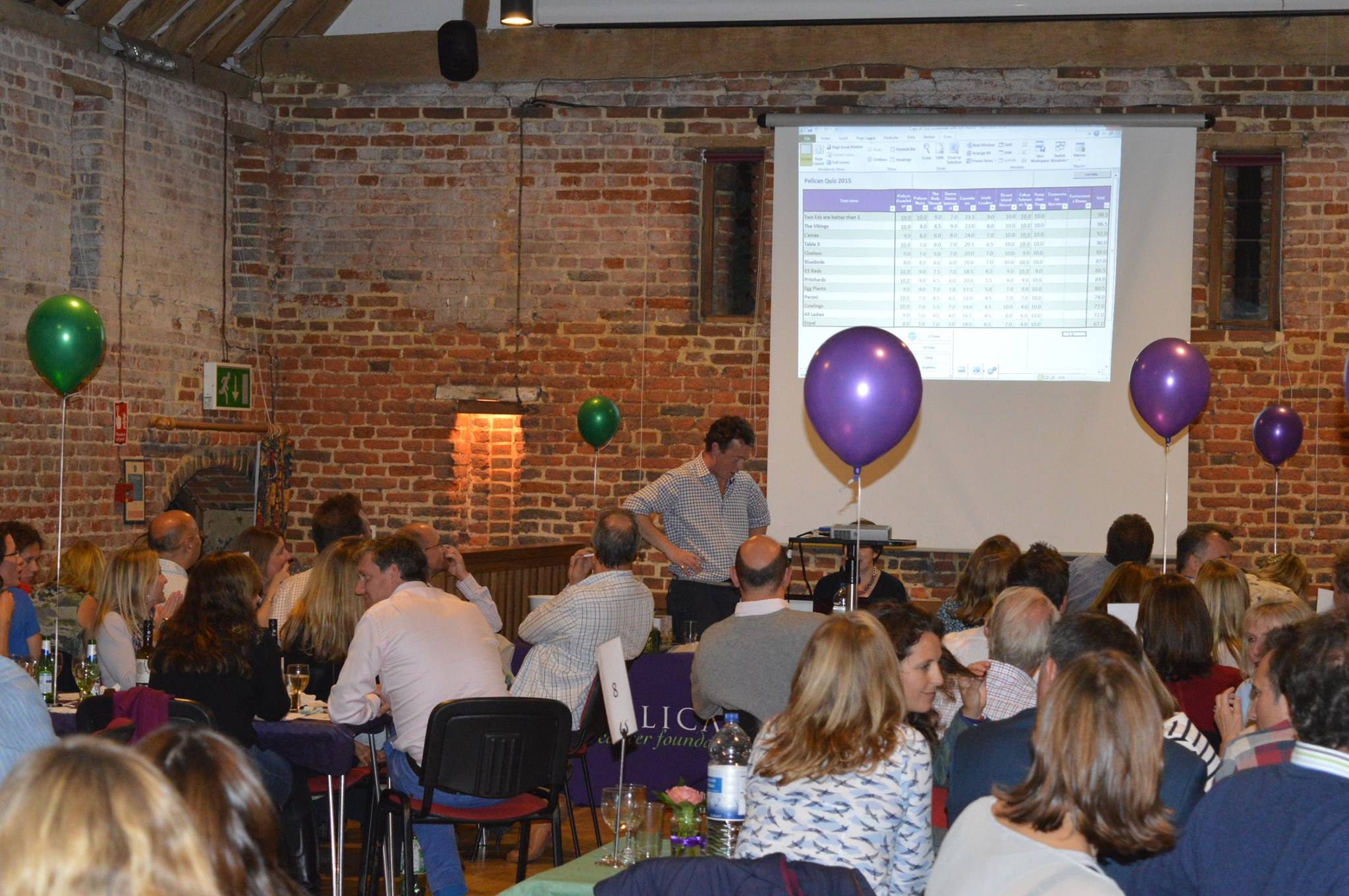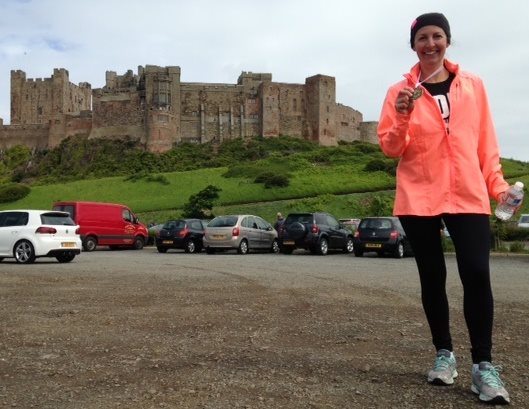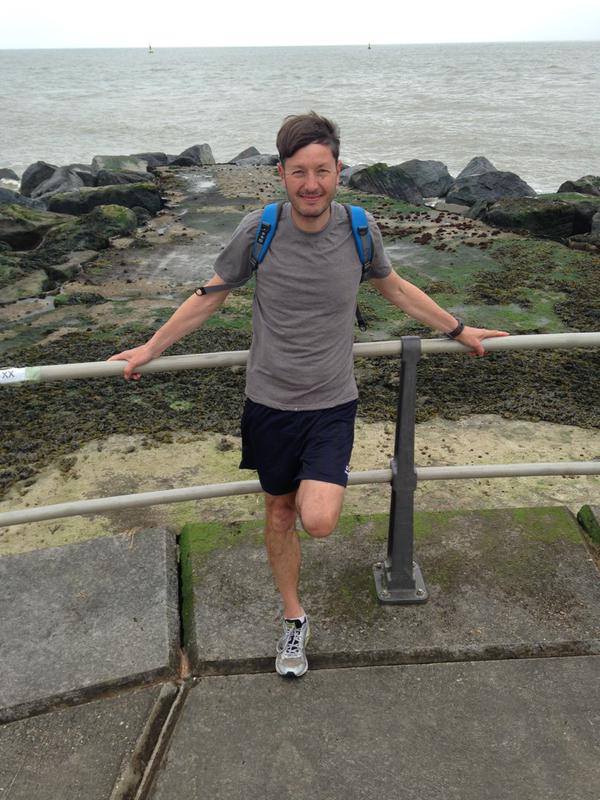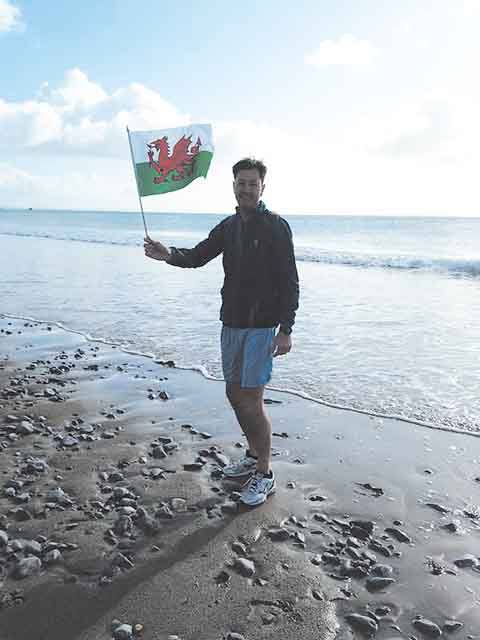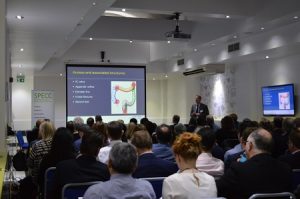
The SPECC | Significant Polyp & Early Colorectal Cancer programme launched with a first workshop in London, bringing together 80 cancer specialists from the London Cancer strategic clinical network to discuss ways of identifying bowel cancer earlier, improving precision treatment and helping patients live better for longer.
This national programme is expected to have a profound impact on the diagnosis and treatment of early colorectal cancer and to change clinical practice across England and Wales. Delegates from the London workshop confirmed that the SPECC programme helped them identify changes in clinical practice they would initiate at their hospitals as a result of the workshop. Changes to clinical practice include better assessment of size, position and appearance of polyps through improved methods of diagnosis and imaging such as higher resolution MRI, more standardised reporting of polyps, and drawing on expertise from different cancer specialists by discussing significant polyps as a team in MDTs. As well as local treatment strategies, teams were also encouraged to develop their regional partnerships to help provide consistent treatment options across England and Wales.
The next workshop will take place on 22nd January 2016, bringing together cancer specialists from the York and Humber strategic clinical network. The programme will tour the strategic clinical networks throughout 2015-2017, as Pelican Cancer Foundation invites six core members from all 164 Colorectal Cancer Multi-Disciplinary Teams (MDTs) in England and Wales.
Pelican Cancer Foundation is a charity with an exceptional reputation for developing high-impact national and international courses and meetings to improve patient care for cancer patients.
SPECC is endorsed by The Association of Coloproctology of Great Britain and Ireland, Beating Bowel Cancer, Bowel Cancer UK, Hampshire Hospitals NHS Foundation Trust, The Royal College of Pathologists and kindly supported by industry sponsors, including (from September 2015 to June 2016) Gold Sponsor Exact Sciences.
For further information on the SPECC programme, go to www.pelicancancer.org/specc
For further information about the Pelican Cancer Foundation, go to www.pelicancancer.org
Twitter: @Pelican_Cancer #SPECCPOLYP




